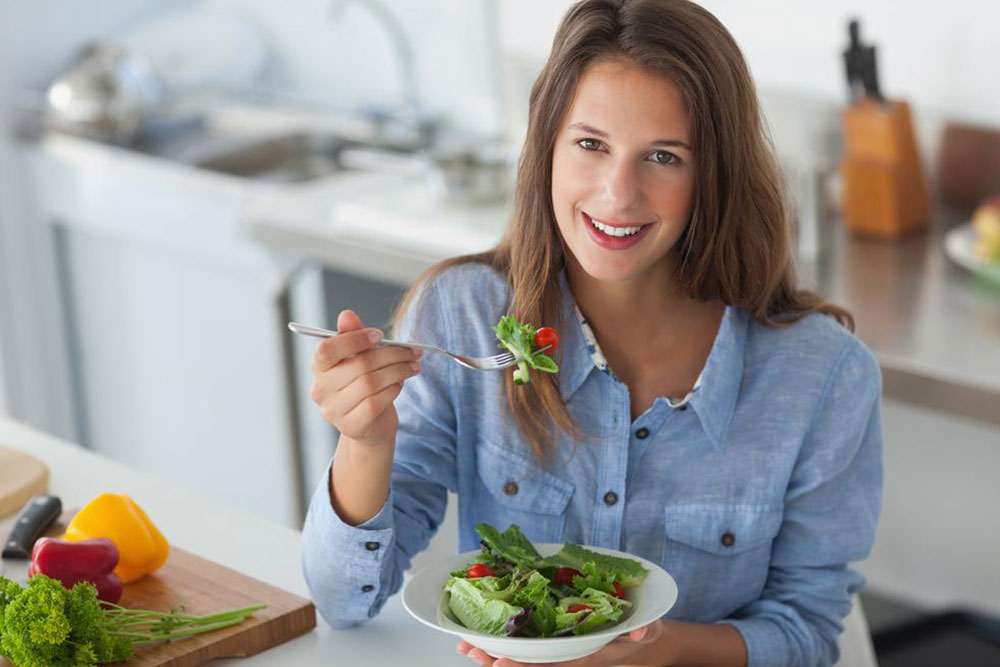Diverticulosis diet plan
Diverticula are small pouches that are present near the colon or large intestine. They usually bulge out of the colon. This condition is called as diverticulosis. It gets common as people age. Some common symptoms of diverticulosis are mild cramps, bloating, and constipation. The condition can get worse and diverticulosis can turn into diverticulitis.

Most people don’t have the above-mentioned symptoms of diverticulosis which generally leads to diverticulitis. Hence, if a person experiences any of the above symptoms, he or she needs to begin to follow a specific diet before the condition worsens.
It is seen that a low fiber diet is linked to the cause of diverticulosis. The goal should be to cut back on low fiber diet and incorporate food which is high on fiber.
High fiber foods are the ones that consist of whole wheat, oat, bran, whole grain, cereal, vegetable fruits, and legumes.
You can begin to incorporate the above food by:
Replacing white bread and pasta with whole wheat ones. White bread and pasta are made of gram flour which, first of all, has minimal nutrients and is difficult for the large intestine to process. White bread and pasta takes longer time to process and digest and remains in our system for a longer period which is not a good sign if a person is suffering from diverticulosis.
It is advisable that you have at least two meals a week that contains legumes (instead of meat). Legumes includes beans, soy beans, peas, and lentils. They can be a decent substitute as they contain a certain amount protein. Consuming meat while suffering from diverticulosis can result in inflammation of the pouches that are developed near the colon. This is because digesting meat can take a longer time. The longer it remains in the system, the more harmful it is for the aforesaid condition.
Develop a habit of eating fruits with the skin. Fruits are easy to digest as most of them have high water content. Eating them without peeling off the skin increases the fibrous content which can be good for the condition.
Have vegetables with every meal or snacks in the form of salad. Drinking a broth of boiled vegetable is a healthy option.
Take enough fluids with every meal and in between, this will keep your digestive system hydrated at all times.











